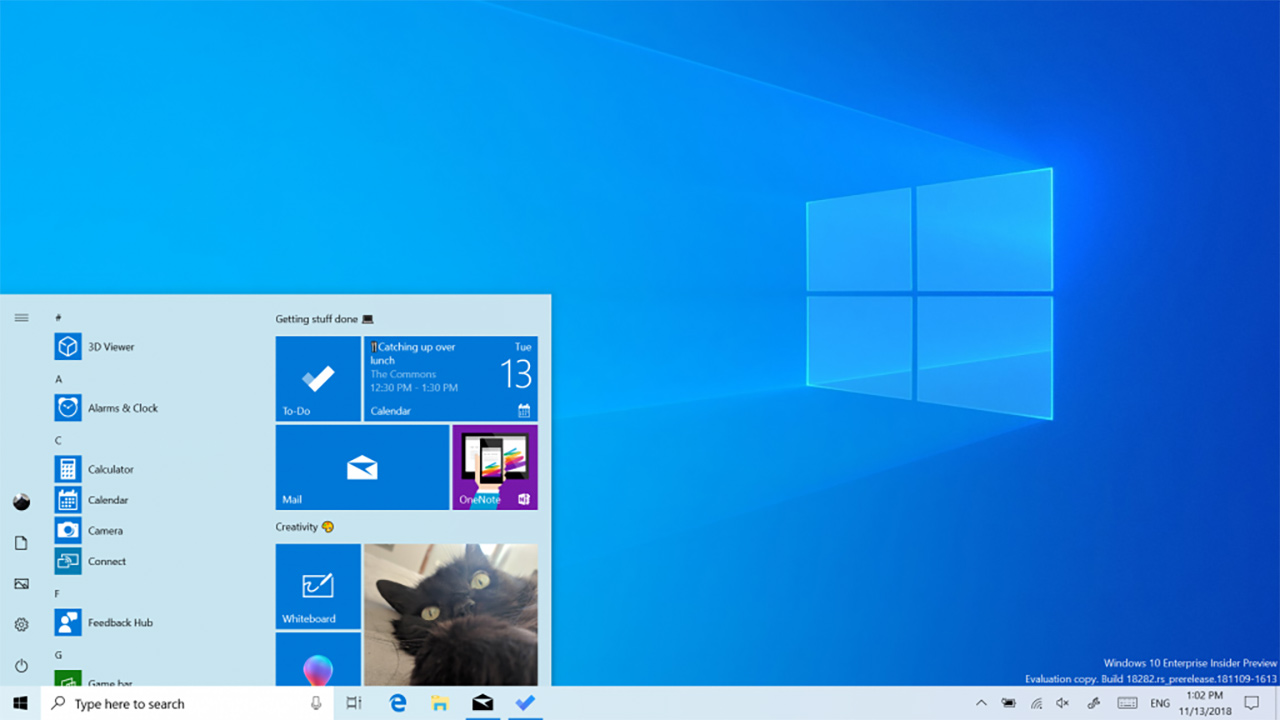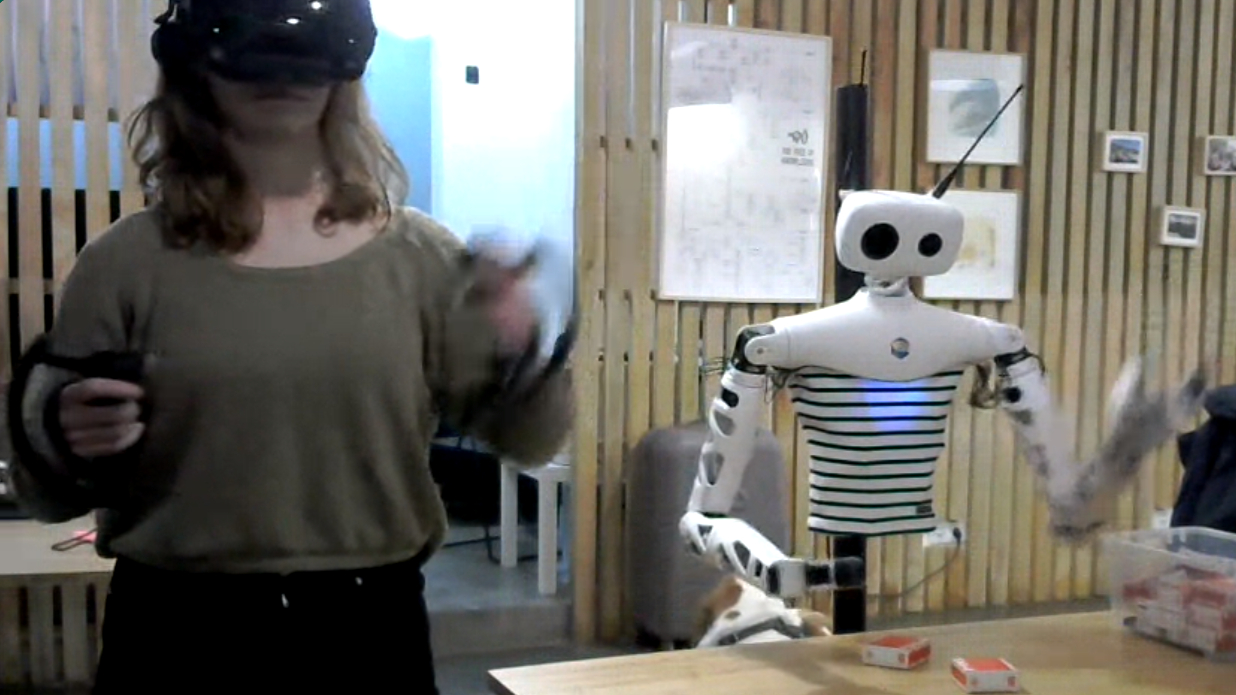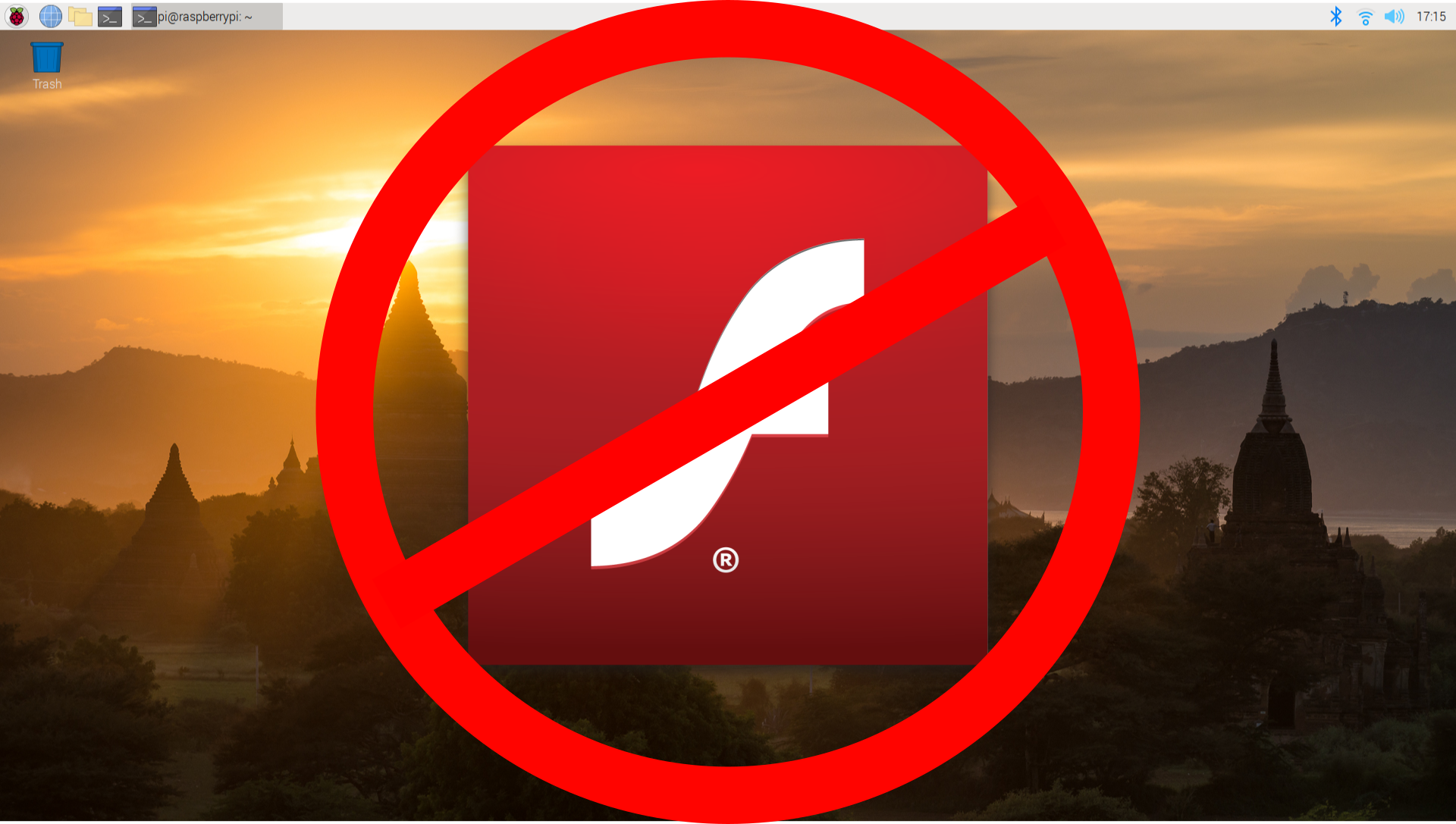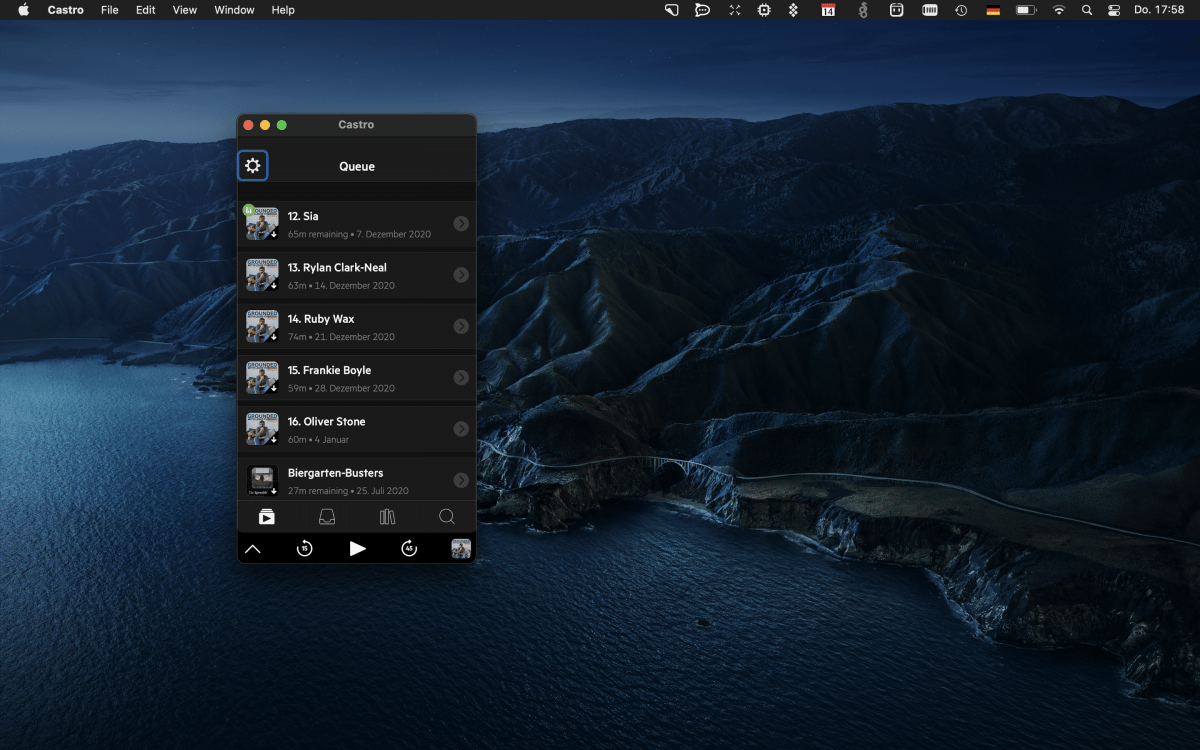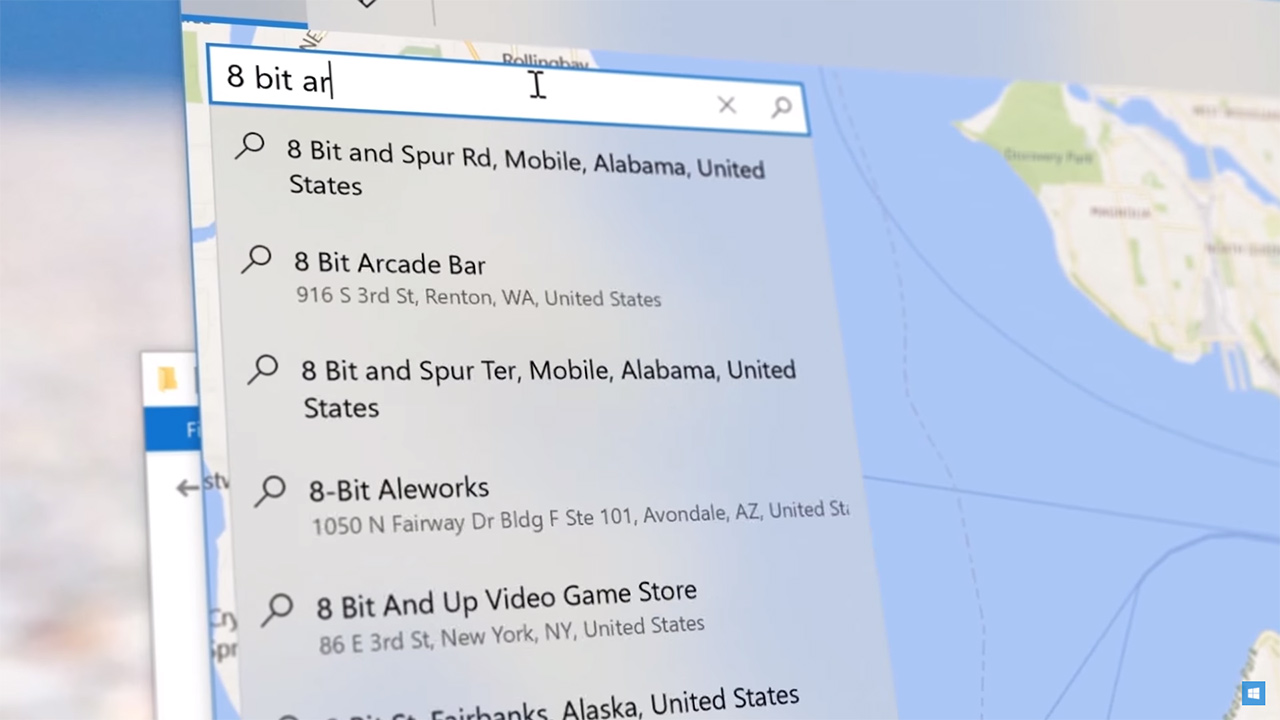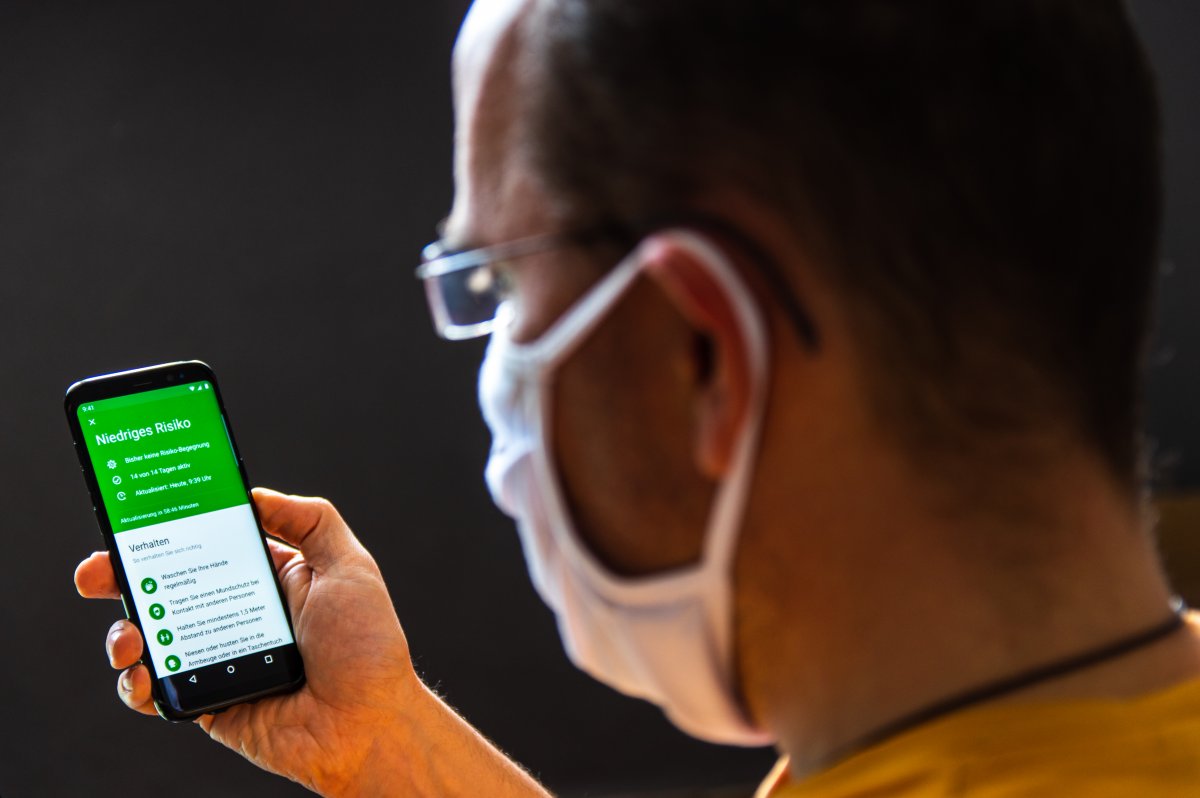As it turned out, Windows gapes 10 since the version 1803 has a security hole that makes it possible to carry out attacks on the NTFS file system. This can result in the need to reinstall the operating system. For this, attackers do not inevitably have to gain access to their own computer. Executing a file is sufficient here. Admin rights are also not required for the attacks. Which ensures that the vulnerability is particularly dangerous.
To take advantage of the loophole, a command must be executed in the console. Windows then reports that the file or directory is damaged and unreadable. During the subsequent restart, an attempt is made to repair the affected disk using “chdsk”. In a test by colleagues from Heise, however, Windows succeeded in restoring the damaged file system. However, this was the latest Windows version including all patches.
Data protection notice for Twitter
At this point we would like to show you a Twitter feed. Protecting your data is important to us: By integrating the applet, Twitter sets cookies on your computer, with which you may be able to be tracked. If you want to allow that, just click on this feed. The content is then loaded and displayed to you.
Your Hardwareluxx team
Show tweets directly from now on
According to the discoverer, Microsoft was informed about the vulnerability last year. So far, however, the company has not responded. Due to the increased media attention, the international hardware and software manufacturer should at least be adequately informed of the problem.
Currently there is no way to prevent an attack that exploits the said vulnerability. Users are only able to exercise particular caution and act with caution. A .URL file can also execute the aforementioned console command, but only very few Windows users should click on the corresponding files. A passive exploitation of the security gap without the user is not possible. If you don’t open or execute a file, your system shouldn’t be damaged.
